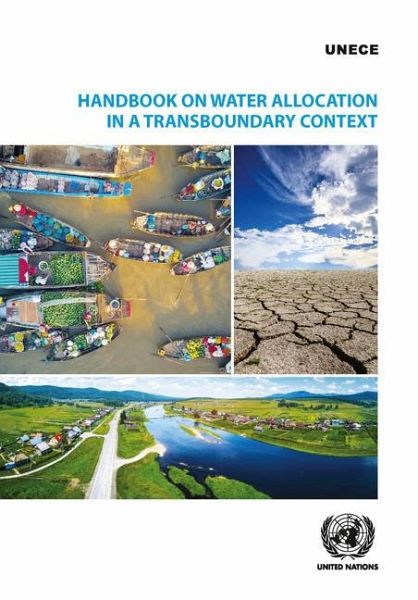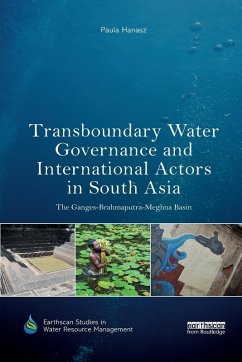Nicht lieferbar

Handbook on Water Allocation in a Transboundary Context
Versandkostenfrei!
Nicht lieferbar
Provides a global review of water allocation arrangements in transboundary basins. Illustrative case studies from around the world highlight diverse transboundary allocation practices, challenges and lessons learned.





